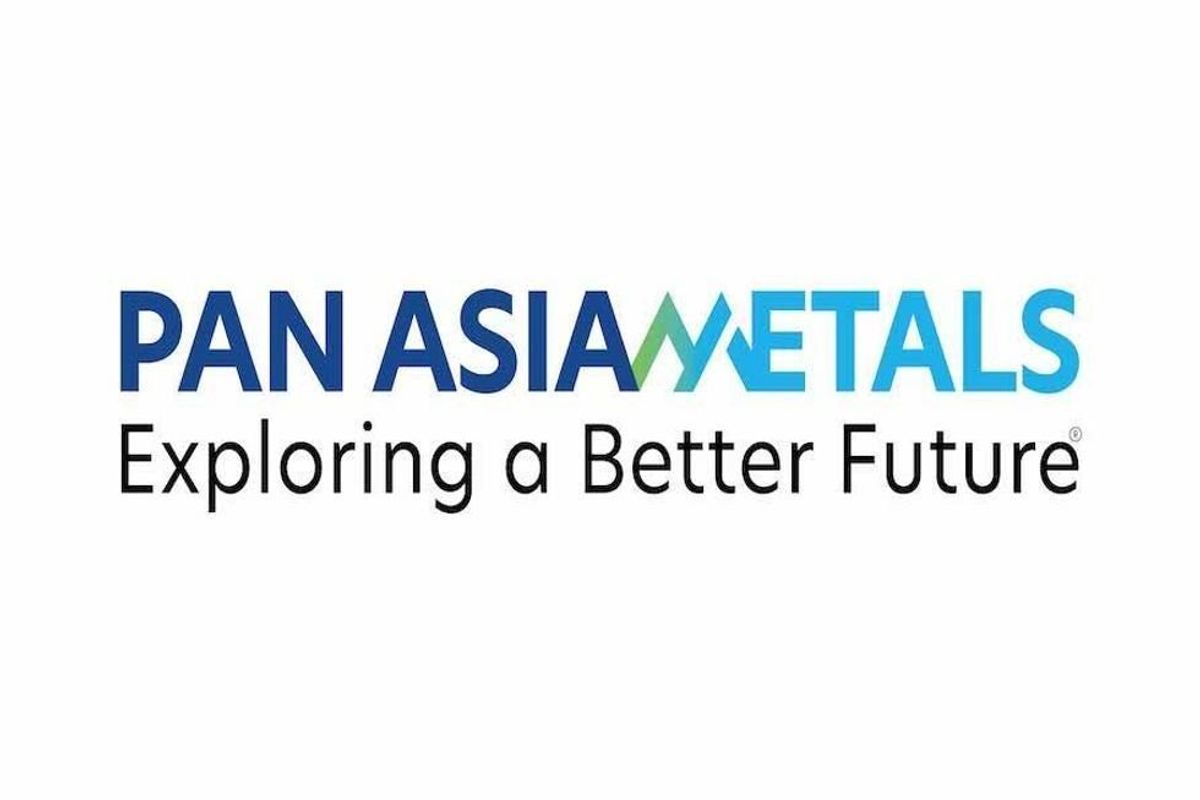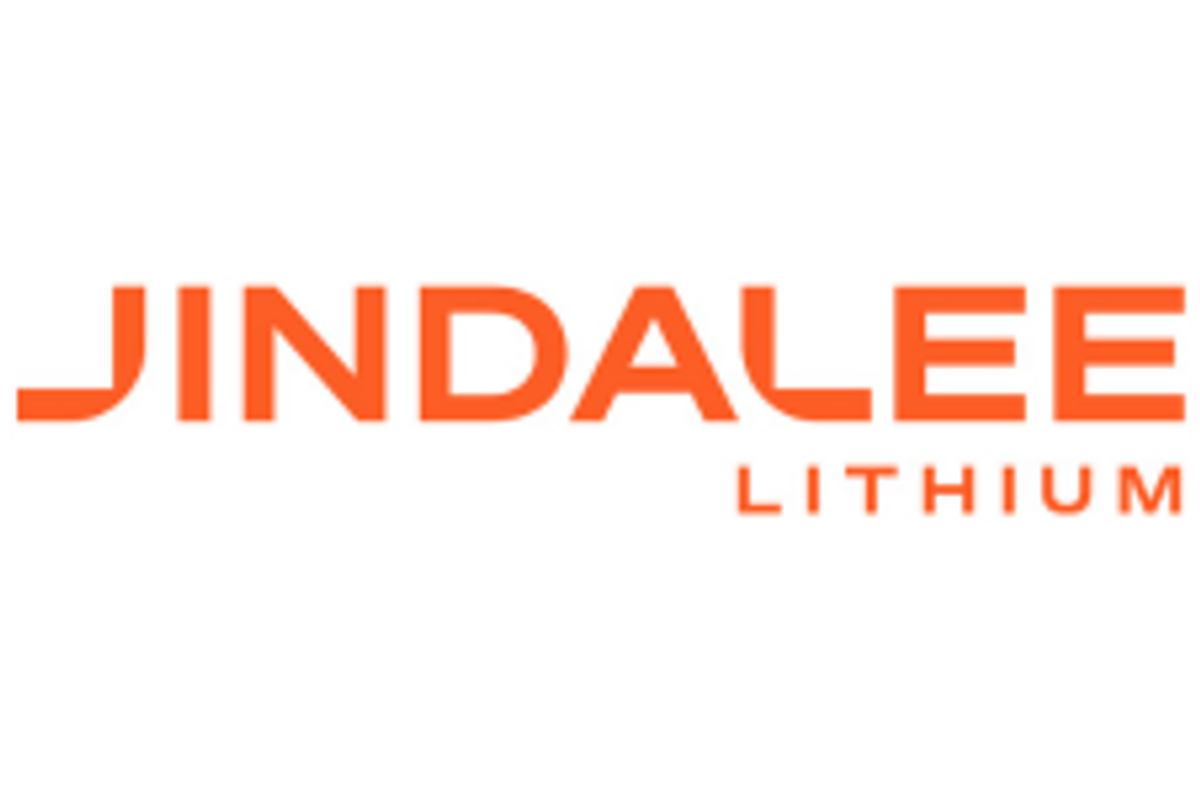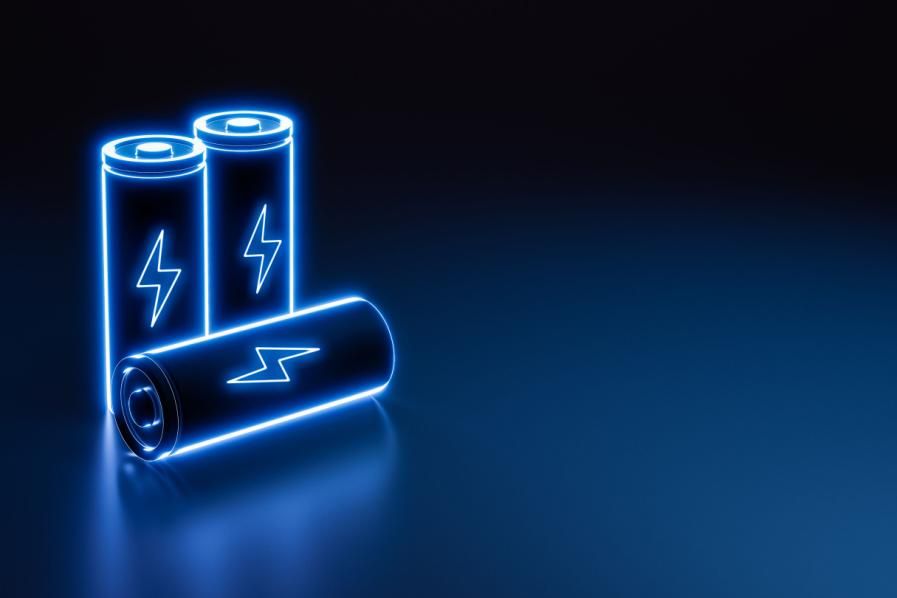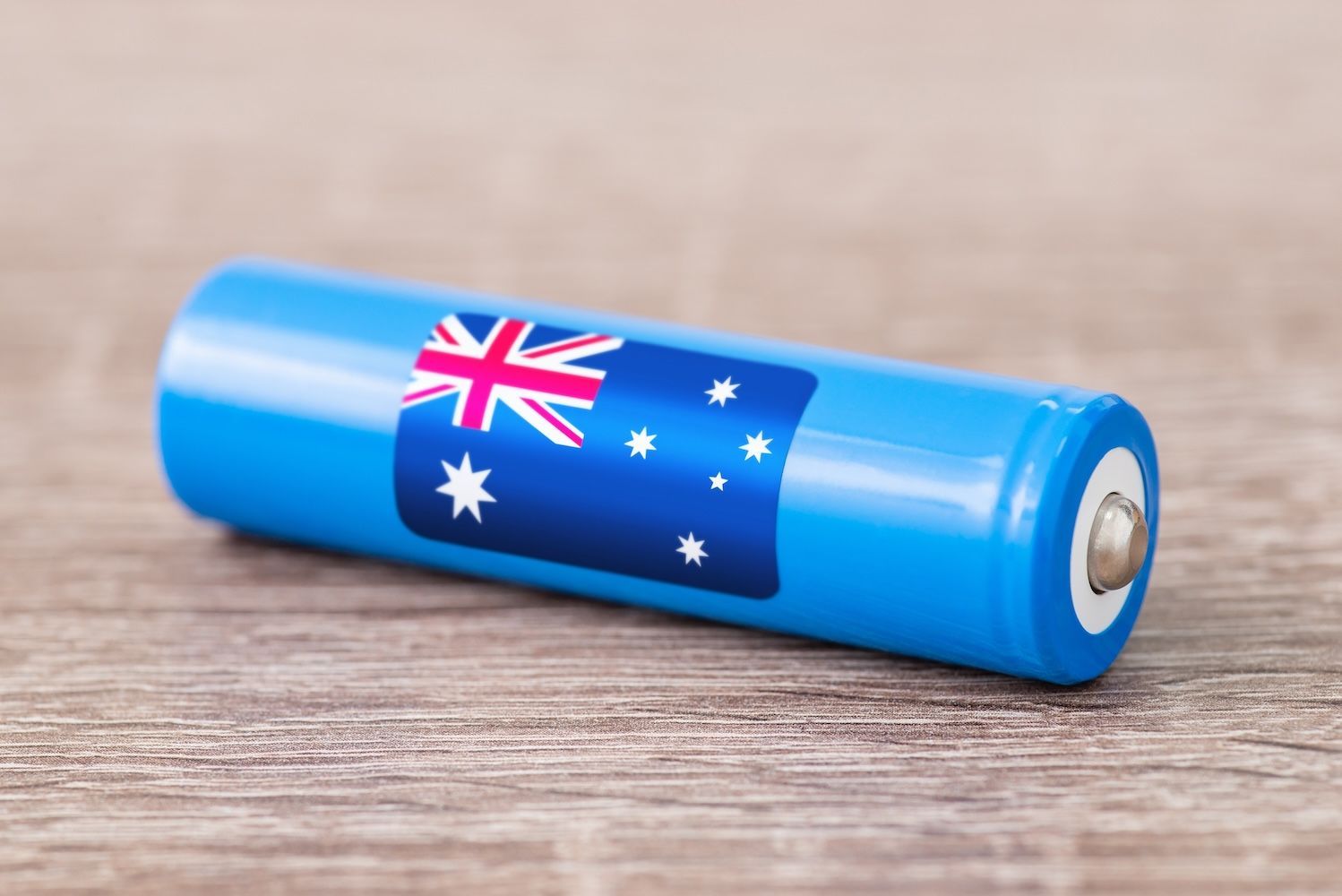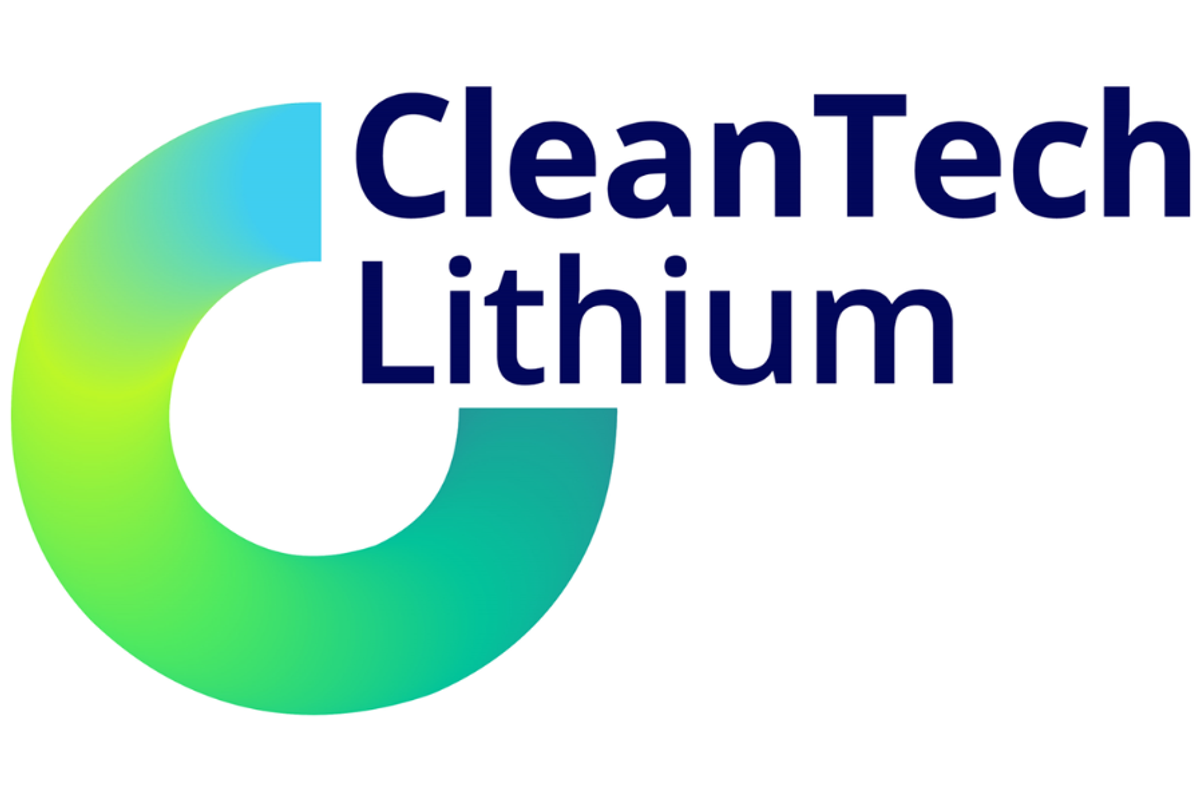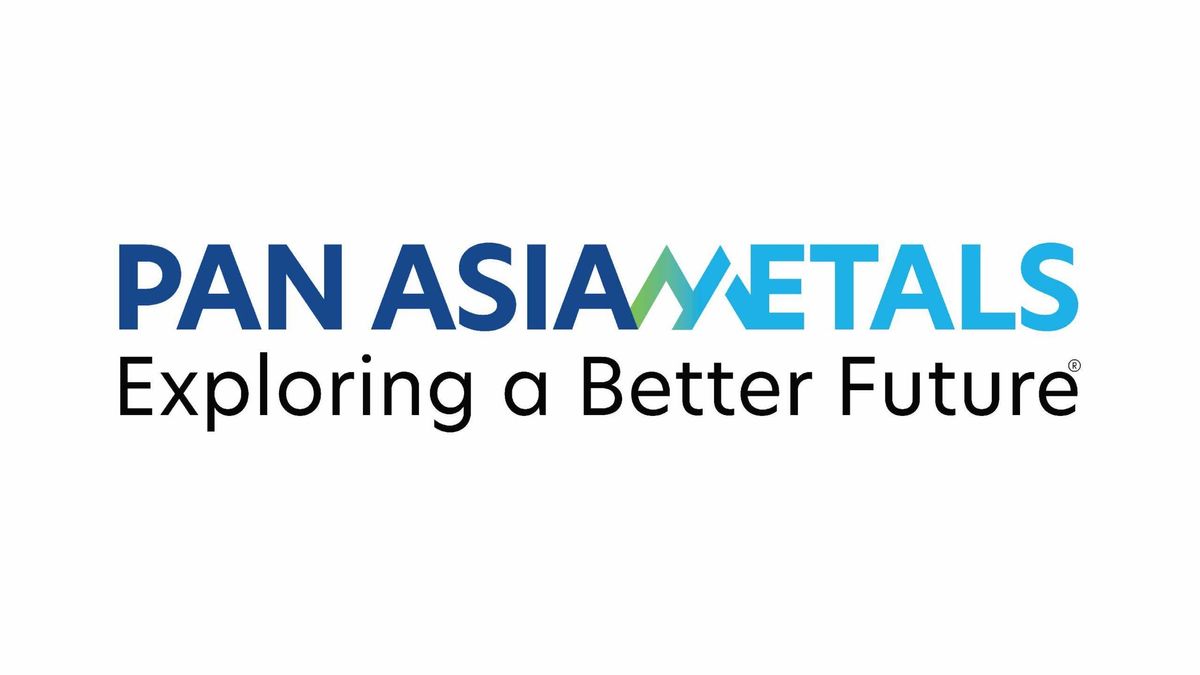
December 12, 2023
Battery and critical metals explorer and developer Pan Asia Metals Limited (ASX: PAM) (‘PAM’ or ‘the Company’) is pleased to announce successful test work on lithium concentrate processing residues and their application as Supplementary Cementitious Materials, converting a waste stream into a by-product which will help lower the carbon footprint of the cement industry – building on PAM’s ESG credentials.
HIGHLIGHTS
- PAM is collaborating with one of Thailand’s largest cement producers.
- Testwork confirms concentrate processing residues can be used in cement manufacturing.
- Testwork helps waste management and produces a major ESG outcome for PAM.
- Testwork to be applied to lithium conversion residues.
- The cement producer benefits from a reduced carbon footprint.
- Testwork on siltstone waste confirms that it is chemically benign.
- PAM is aiming for similar outcomes for its mining and beneficiation residues.
Pan Asia Metals Managing Director, Paul Lock, commenting on the test work outcomes said: “The positioning of the RK Lithium Project near major growth and industrial centres, allows us to consider alternatives to traditional mining and processing waste practices. Our objective is to secure projects which are strategically located near key infrastructure and industry, which helps facilitate the use of what would be otherwise waste streams to create valuable by-products and hence reducing the overall physical footprint of PAM’s future mining operations. Testwork with a major Thai based cement manufacturer has confirmed that the residue from lithium concentrate processing has application in cement manufacturing, which will convert a processing waste stream into a carbon reducing by-product. Testwork will also be applied to residues from lithium chemical manufacturing and testwork by the cement manufacturer has confirmed that the siltstone waste from mining is chemically benign. We expect to be able to achieve similar outcomes with our mining and beneficiation residues, placing PAM at an advantage to other lithium producers. This is a major part of our ESG plan. Our positioning in Chile has the potential to achieve similar outcomes, particularly with residual salt.
PAM has been working with one of Thailand’s largest cement manufacturers to determine use and economic value of residues from lithium concentrate processing from RK Lithium Project ore. Testwork to also be applied to residues from roasting and conversion to produce lithium chemicals.
This testwork has been successful, confirming these residues have application as Supplementary Cementitious Materials (SCM). Using SCM’s in concrete reduces the requirement for cement clinker and lowers the carbon footprint of the cement industry, an ESG positive. There is also the potential for concretes with improved specifications for technically challenging applications.
The success of this testwork is an important win for PAM, diverting an otherwise circa 1 million tpa waste stream from lithium concentrate processing into a valuable by-product, which helps lower the carbon footprint of one of the most carbon intensive industries, cement making. Importantly, testwork by the same cement manufacturer on siltstone waste from RK Lithium Project also confirmed that this waste is chemically benign.
By-product Strategy
Pan Asia Metals Limited (PAM) aims to secure battery and critical metal development projects which are strategically located near key infrastructure and industry, which helps facilitate the use of what would otherwise be waste streams to create valuable by- products and hence reducing the overall physical footprint of its future mining operations. This is an important part of PAM’s ESG plan.
The RK Lithium Project is one such project, with the location of the anticipated mining operations in PhangNga Province, southern Thailand, and lithium conversion operations in Rayong, an industrial zone south of Bangkok, Thailand, and part of Thailand’s Eastern Economic Corridor (EEC). Thailand’s 20 plus auto manufacturers and its emerging EV and Li-Ion battery industries are located in the EEC.
As a result of the RK Project’s location, PAM anticipates that all by-product and otherwise waste streams can be utilised in value adding initiatives, reducing the overall mining footprint of PAM’s operations in Thailand. See Figure 1.
Click here for the full ASX Release
This article includes content from Pan Asia Metals Limited, licensed for the purpose of publishing on Investing News Australia. This article does not constitute financial product advice. It is your responsibility to perform proper due diligence before acting upon any information provided here. Please refer to our full disclaimer here.
PAM:AU
The Conversation (0)
09 July 2023
Pan Asia Metals
First-mover Advantage in Critical Metals for Southeast Asia Market
First-mover Advantage in Critical Metals for Southeast Asia Market Keep Reading...
21 January
Official signing of the Portuguese State Grant
Savannah joins other grant recipient companies at official signing ceremony
Savannah Resources Plc, the developer of the Barroso Lithium Project in Portugal, a 'Strategic Project' under the European Critical Raw Materials Act and Europe's largest spodumene lithium deposit (the 'Project'), was delighted to join with other recipients of State grants yesterday at the... Keep Reading...
21 January
Excellent Results from 2025 Core Drilling Program at McDermitt
Jindalee Lithium Limited (Jindalee, or the Company; ASX: JLL, OTCQX: JNDAF) is pleased to report assay results from the drilling program at the McDermitt Lithium Project completed late 2025. All holes returned strong lithium and magnesium intercepts from shallow depths, including:R92: 36.5m @... Keep Reading...
08 January
Top 5 US Lithium Stocks (Updated January 2026)
The global lithium market enters 2026 after a punishing 2025 marked by oversupply, weaker-than-expected EV demand and sustained price pressure, although things began turning around for lithium stocks in Q4. Lithium carbonate prices in North Asia fell to four-year lows early in the year,... Keep Reading...
07 January
5 Best-performing ASX Lithium Stocks (Updated January 2026)
Global demand for lithium presents a significant opportunity for Australia and Australian lithium companies.Australia remains the world’s largest lithium miner, supplying nearly 30 percent of global output in 2024, though its dominance is easing as other lithium-producing countries such as... Keep Reading...
05 January
CEOL Application for Laguna Verde Submitted
CleanTech Lithium PLC ("CleanTech Lithium" or "CleanTech" or the "Company") (AIM: CTL, Frankfurt:T2N), an exploration and development company advancing sustainable lithium projects in Chile, is pleased to announce it has submitted its application (the "Application") for a Special Lithium... Keep Reading...
29 December 2025
SQM, Codelco Seal Landmark Lithium Joint Venture in Salar de Atacama
Sociedad Quimica y Minera (SQM) (NYSE:SQM) and Codelco have finalized their long-awaited partnership, forming a new joint venture that will oversee lithium production in Chile’s Salar de Atacama through 2060.SQM announced on Saturday (December 27) that it has completed its strategic partnership... Keep Reading...
Latest News
Interactive Chart
Latest Press Releases
Equity Metals Exhibiting at the 2026 PDAC
06 February
Related News
TOP STOCKS
American Battery4.030.24
Aion Therapeutic0.10-0.01
Cybin Corp2.140.00
